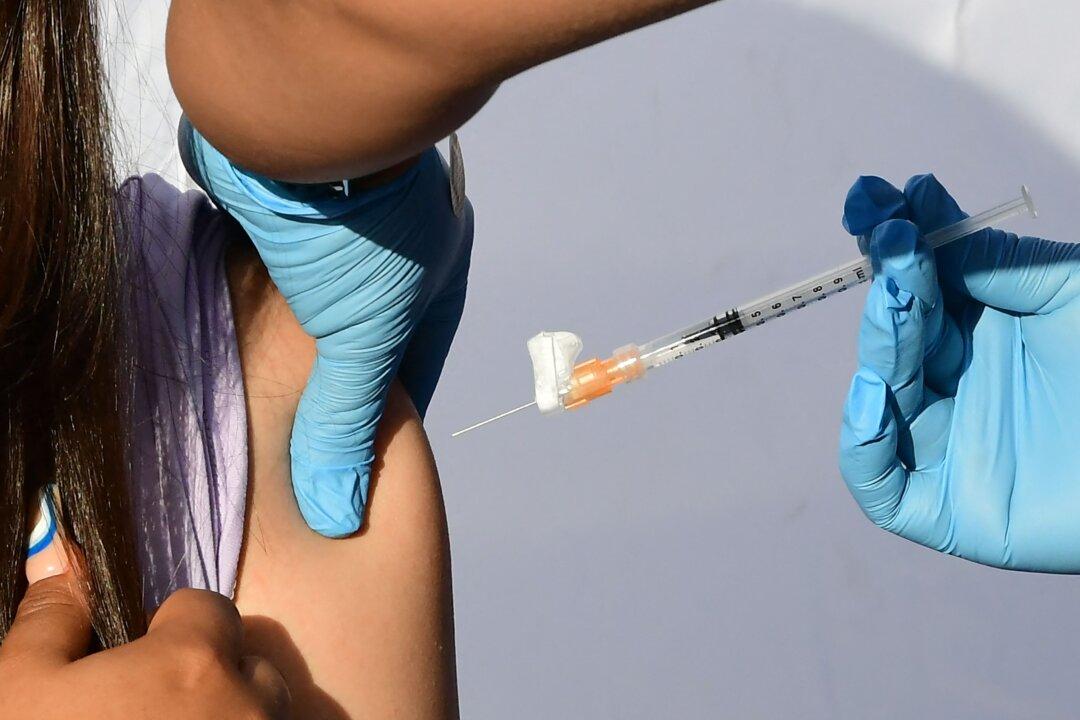More than 1,600 children aged 5 to 11 experienced a systemic reaction such as fever or diarrhea after receiving one of the new COVID-19 vaccines, according to a study from the U.S. Centers for Disease Control and Prevention (CDC).
Of 3,259 children in the age group who received an updated Pfizer or Moderna vaccine and were registered in the v-safe system, nearly half experienced a systemic reaction, CDC researchers found.





